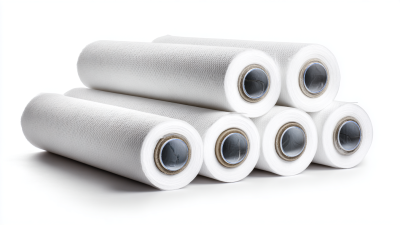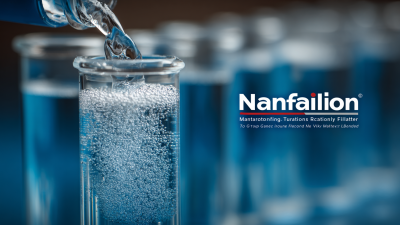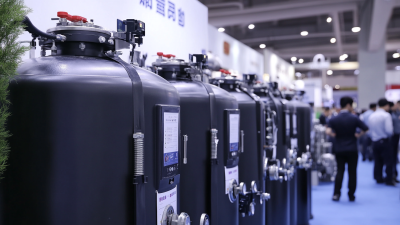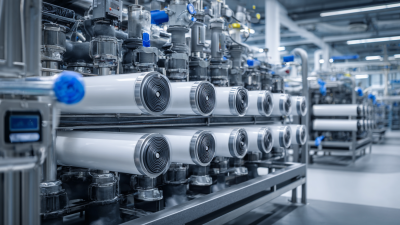Leave Your Message
Request a Quote
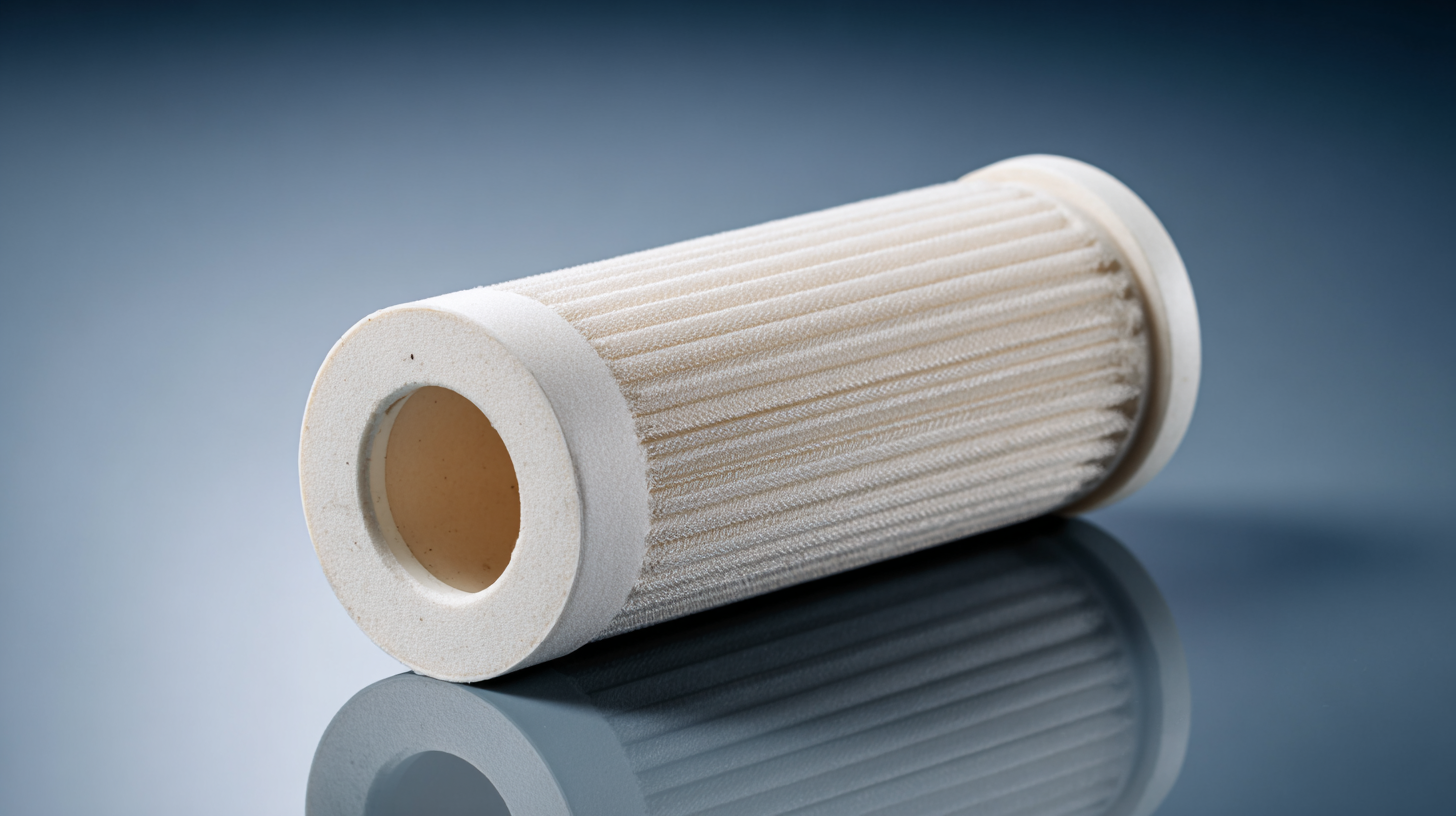 Choosing the right filter cartridge is crucial for ensuring optimal water quality and efficiency in any water filtration system. With a plethora of options available in the market, selecting the appropriate type of filter cartridge can be daunting. Each filter cartridge serves a specific purpose, targeting various contaminants and impurities to enhance the taste, smell, and safety of drinking water. Whether you are looking for a cartridge that effectively removes chlorine, sediment, or other harmful substances, understanding the different types and their functionalities is essential. In this blog, we will delve into the key factors to consider when choosing a filter cartridge, enabling you to make an informed decision that meets your specific water quality needs and maximizes the efficiency of your filtration system.
Choosing the right filter cartridge is crucial for ensuring optimal water quality and efficiency in any water filtration system. With a plethora of options available in the market, selecting the appropriate type of filter cartridge can be daunting. Each filter cartridge serves a specific purpose, targeting various contaminants and impurities to enhance the taste, smell, and safety of drinking water. Whether you are looking for a cartridge that effectively removes chlorine, sediment, or other harmful substances, understanding the different types and their functionalities is essential. In this blog, we will delve into the key factors to consider when choosing a filter cartridge, enabling you to make an informed decision that meets your specific water quality needs and maximizes the efficiency of your filtration system.
When it comes to maintaining optimal water quality, understanding the different types of filter cartridges available for water systems is crucial. Filter cartridges come in various forms, each designed to address specific water quality concerns. For instance, sediment filter cartridges are excellent for removing larger particles such as dirt, sand, and silt, making them essential for systems in areas with high turbidity. On the other hand, activated carbon cartridges are effective in reducing chlorine, volatile organic compounds (VOCs), and unpleasant odors, which greatly enhance taste and overall quality.
Another important type to consider is the reverse osmosis (RO) cartridge, which is notable for its ability to remove up to 99% of dissolved solids, including harmful contaminants like heavy metals and nitrates. This makes it a preferred choice for achieving high purity water in residential and industrial applications. Additionally, selecting the right cartridge depends on factors such as the specific contaminants present in your water supply and the filtration needs of your household or business. By familiarizing yourself with these options, you can make a more informed decision that aligns with your water quality goals.
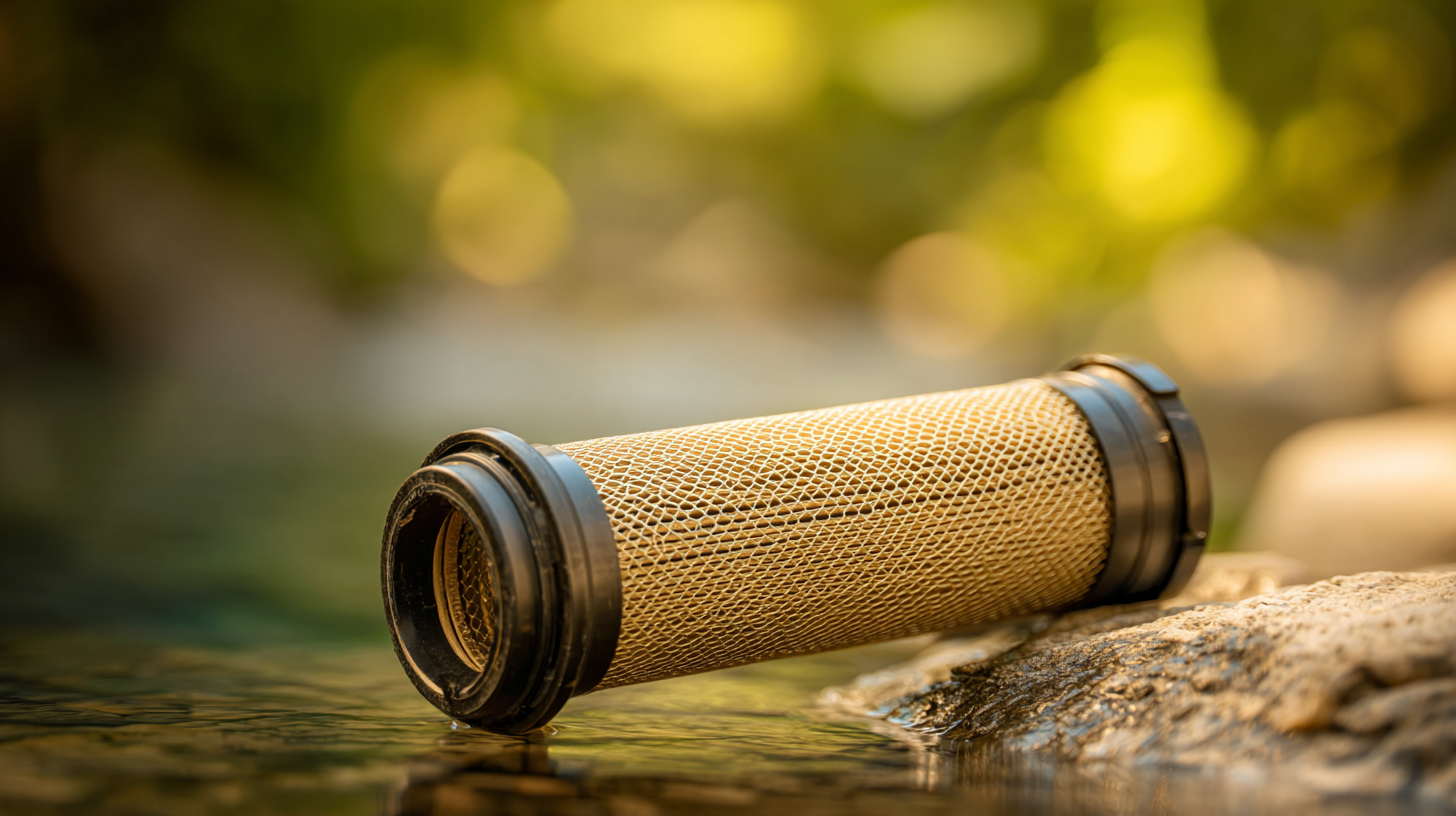 When selecting a water filter cartridge, it's essential to consider several key factors that can significantly impact water quality and filtration efficiency. Firstly, the type of contaminants present in your water supply should guide your choice. Different cartridges are designed to target specific impurities such as chlorine, sediment, heavy metals, or bacteria. Conducting a water quality test can provide valuable insights into which contaminants you need to address, ensuring that you choose a cartridge tailored to your specific needs.
When selecting a water filter cartridge, it's essential to consider several key factors that can significantly impact water quality and filtration efficiency. Firstly, the type of contaminants present in your water supply should guide your choice. Different cartridges are designed to target specific impurities such as chlorine, sediment, heavy metals, or bacteria. Conducting a water quality test can provide valuable insights into which contaminants you need to address, ensuring that you choose a cartridge tailored to your specific needs.
Another critical aspect to consider is the flow rate of the filter. Depending on your household's water consumption, you may require a cartridge with a higher or lower flow rate. It’s important to balance between filtration efficiency and the convenience of having access to clean water without a lengthy wait. Additionally, the lifespan of the cartridge is crucial—selecting one with a longer life may save you money and reduce the frequency of replacements, but it should not compromise the quality of filtration. Identifying a reliable brand that offers cartridges suited to your water quality and demands will enhance both the purity and efficiency of your water filtration system.
When it comes to ensuring optimal water quality, selecting the right filter cartridge material is crucial. Different materials possess varying properties that can significantly impact the purification process. For instance, activated carbon cartridges excel in removing chlorine, sediments, and volatile organic compounds (VOCs), enhancing the overall taste and odor of the water.
Conversely, ceramic filter cartridges are renowned for their ability to remove bacteria and larger particulate matter, making them ideal for those seeking maximum safety in their drinking water.
In addition to material composition, it’s essential to consider the specific contaminants present in your water supply. If your area is prone to high levels of heavy metals, a cartridge made from specialized resins could be more effective. For environments with heavy sediment, a dual-stage filter that combines various media may provide the best results. Evaluating your filter cartridge options based on your unique water quality needs will lead to enhanced water purity and a more efficient filtration system. By understanding the strengths and limitations of each material, you can make an informed choice that ensures clean and safe water for your household or business.
When selecting a filter cartridge, understanding flow rate and pressure compatibility is essential for achieving optimal water quality and efficiency. The flow rate is the volume of water that passes through the filter per minute, often measured in gallons per minute (GPM). If the flow rate is too high for the filter, it can bypass contaminants, rendering it ineffective. Conversely, a flow rate that is too low may impede water supply. Always check the manufacturer's specifications to ensure the filter matches your system's requirements.
Pressure compatibility is another critical factor. Each filter cartridge has a maximum operating pressure, and exceeding this can lead to system failure or reduced filtration efficiency. It's crucial to assess both the static and dynamic pressures within your water system. This involves evaluating peak usage times and potential fluctuations in water supply.
Tips: Always select a filter cartridge that can handle at least the maximum flow rate of your system, and consider investing in a pressure gauge to monitor system performance. Regularly testing your water's pressure can help anticipate any issues before they impact filtration efficiency. Lastly, consulting with professionals can provide insights tailored to your specific needs and ensure you achieve the best possible water quality.
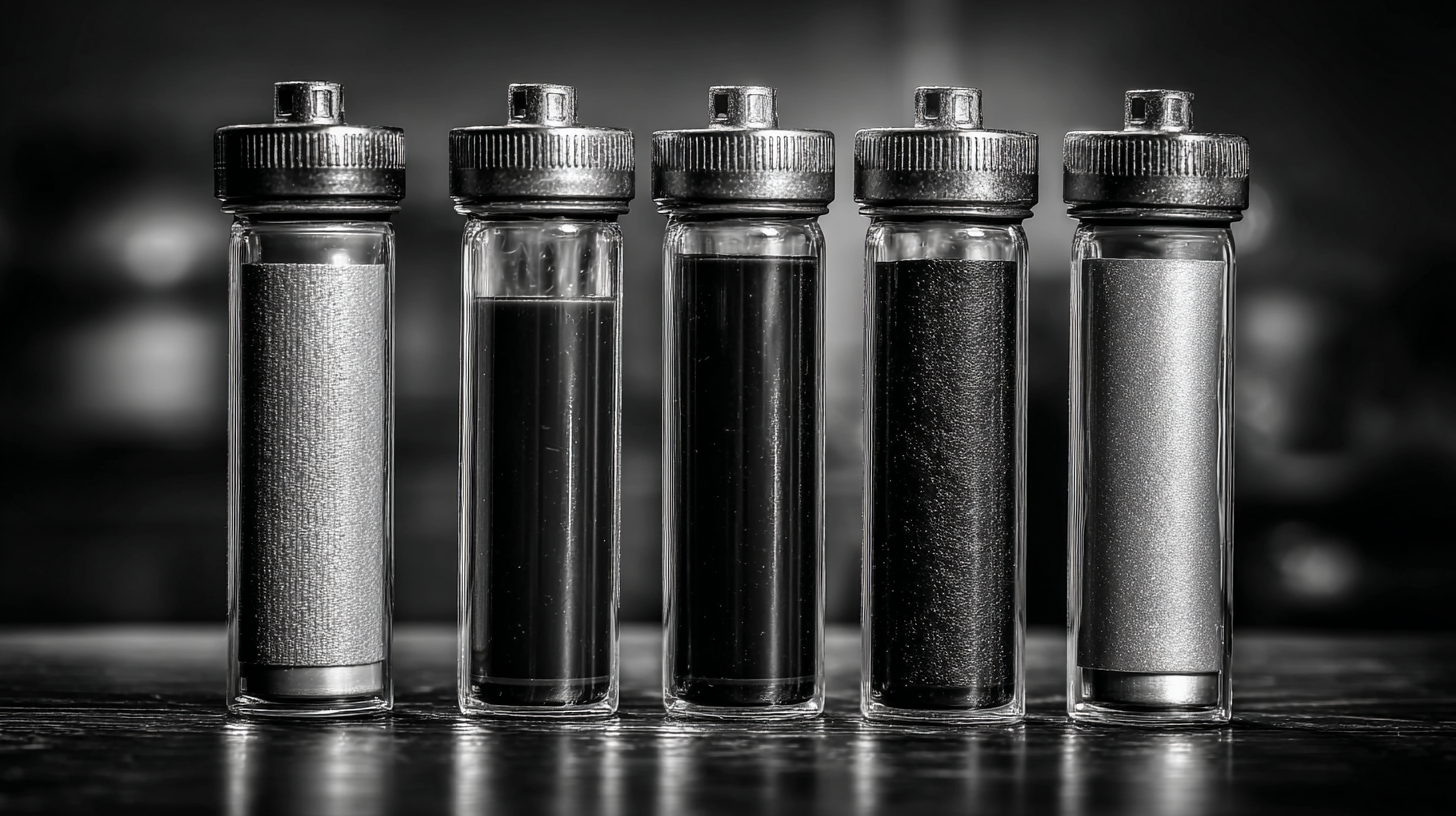
When it comes to maintaining optimal filter cartridge performance, regular maintenance and timely replacement are crucial. To ensure your filter operates efficiently, it’s essential to adhere to a maintenance schedule based on the manufacturer's guidelines. Routine tasks such as inspecting for leaks, checking the flow rate, and cleaning the filter can significantly prolong its lifespan. Monitoring water quality regularly will also help in determining when maintenance is necessary.
Regardless of the type or brand of your filter cartridge, knowing when to replace it is vital for maintaining water quality. Most cartridges have a specific lifespan, which can vary based on usage and water conditions. Signs that it’s time for a replacement include a noticeable drop in water pressure, unusual taste, or cloudy water. Staying proactive by marking a replacement schedule on your calendar can prevent any lapse in filtration efficiency, ensuring you always have access to clean, safe water.
| Filter Type | Removes Impurities | Lifespan (Months) | Recommended Maintenance | Replacement Frequency |
|---|---|---|---|---|
| Activated Carbon | Chlorine, VOCs, Odors | 6-12 | Rinse before use | Every 6 months |
| Sediment Filter | Dirt, Sand, Rust | 12-24 | Check for clogging | Every 1-2 years |
| Reverse Osmosis | Heavy metals, Salts | 2-3 | Flush membranes regularly | Every 2-3 years |
| UV Filter | Bacteria, Viruses | 12 | Clean lamp regularly | Every year |
